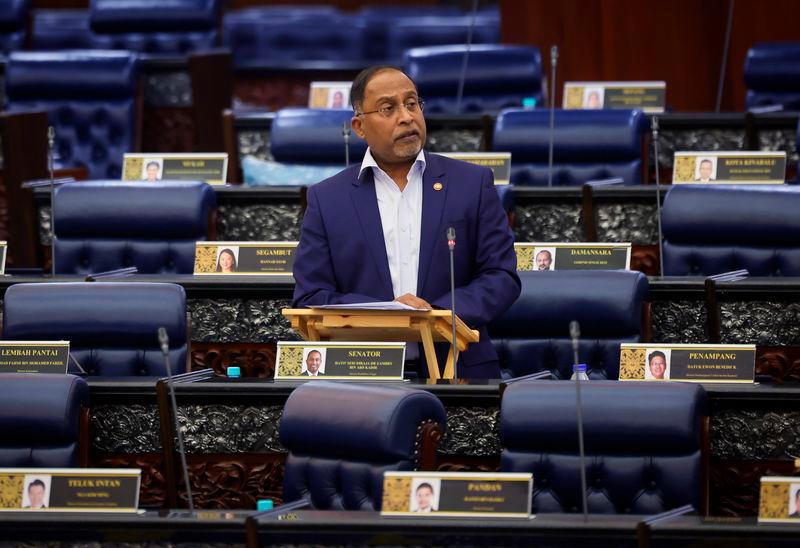KUALA LUMPUR: The Ministry of Higher Education (KPT) aims to provide more sponsorship at the level of subspecialty programmes and sabbaticals to uplift the country’s higher education and improve the expertise and competency of public university (UA) lecturers in line with the current technology and needs.
Its Minister, Datuk Seri Dr Zambry Abd Kadir said the ministry is reviewing offer facilities and new eligibility conditions for postdoctoral programmes and is not limited to permanent lecturers only.
“Currently, there are four sponsored programmes provided for lecturers in UA, namely the Bumiputera Academic Training Scheme (SLAB), IPTA Academic Training Scheme (SLAI), subspecialty and postdoctorate for lecturers furthering their studies to a higher level,” he said.
He said this when winding up the Supply Bill 2025 debate at the policy level for the ministry in the Dewan Rakyat today.
In addition, Zambry said the KPT is also committed to empowering lifelong learning to the community, including military personnel.
He said that, as such, the ministry through the Malaysian Qualifications Agency (MQA) is holding discussions with the Defence Ministry to develop a special Work Base Learning 2.0 project, which is a programme curriculum mapping using the experience and services of military personnel that can help improve their skills.
On the Malaysia Higher Education Development Plan (PPPTM) 2026-2035 that is being developed, Zambry said it stipulates 10 thrusts and nine transitions.
This includes the transition from the conventional and siloed higher education system to one that fully utilises the latest technology as well as from tech-savvy individuals to competency in innovative and soft technologies.
Meanwhile, Zambry said the establishment of a public institution of higher learning (IPTA), covering UA, polytechnics and community colleges, would be evaluated based on certain aspects, including current demands in terms of the needs and perspectives of students and the community while ensuring balance with the size of the population.
He said the establishment of IPTA also takes into account the sufficiency and availability of experts in a certain field, the ability to provide and maintain infrastructure as well as financial independence.
In addition, it also takes into account the prospects and types of programmes to be offered, the risk of overlapping and any incompatibility with existing IPT and programmes, as well as offering programmes that can be implemented virtually.









